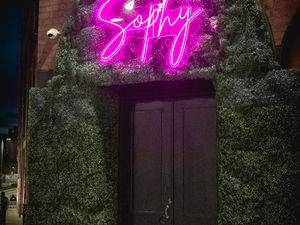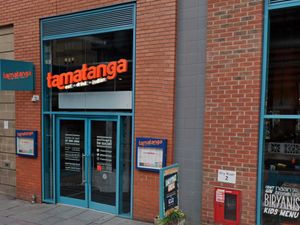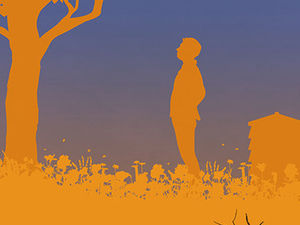Independent bookshops start the next chapter
Independent bookshops in the UK have recovered in the last two years, as readers seek out a personal experience when buying literature.
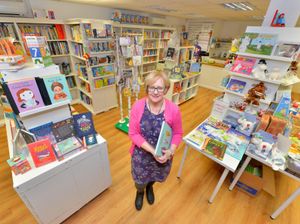
One of the masters of American literature, Mark Twain, is attributed as writing: “The reports of my death are greatly exaggerated”.
So it must delight bookworms that precisely the same sentiment could be attributed to their favourite shops.
Received wisdom has it that indie bookshops have been crushed under the weight of big retailers like Waterstones – not to mention Amazon.
But over the past two years, things have been quietly improving. Official figures from the Booksellers Association show that since a low point in 2016, when the UK was home to just 867 shops, there has been two years of growth. The number now sits at 883 – modest growth, yes, but still growth.
Children
Button & Bear is a children’s book shop opened in Shrewsbury in 2016 by Louise Chadwick and her husband Jon.
“Despite independents being on the decline and an increase of e-books, apps and online activity, the children’s picture book and pre-school book market had grown in 2014/15 by over six per cent,” said Louise, who also sits on the Booksellers Association children’s booksellers group.
“Book selling is hard work. We made life difficult by setting up three different businesses under one roof – a children’s bookshop, an event space and a coffee shop. We have grown year on year but costs have also grown. We have found business rates to be a challenge, on top of high rents for being in the town centre. We also struggle to complete with online and supermarket discounting of books.”
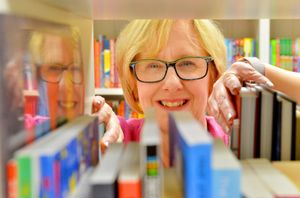
In this challenging environment many could perceive the the indies’ recovery store as surprising. But Louise believes that these stores offer something that big chains cannot.
“Book shops are a community hub where people meet, friendships are made and you can discuss and debate not just books but life’s challenges,” she said.
“Indie book shops offer books that are not offered en masse in supermarkets or discounted highly online. We offer books that very often are tricky to seek out or that people didn’t know existed and can showcase books from a wide range of publishers.
“Discounting of books is a real challenge as very often we cannot even buy books in at the price online retailers are selling them at.
“However, we try and address the balance by having a wide selection of books, knowledgeable staff that can recommend titles and encouraging families to visit us for the experience rather than just compete on price. We recognise that families have less disposable income and we need to make sure we are offering something a bit special.”
Second-hand
Scott Southey of Southcart Books in Walsall recently had to close his store for reasons beyond his control, but is still selling second hand books online and is hoping to open a new shop soon.
He agrees that readers are starting to return to their local bookshop.
“Independent book stores are a refuge for education and they rescue books,” he said. “People are moving away from reading on Kindles and tablets and going back to physical books.
“Tablets are good when you go on holiday and don’t have much space, but I really do believe that they have made people realise that they actually do prefer books.
“The ability to smell and feel an older book is something people crave, and if you want a nice unique book, then a lot of the time you need a second hand bookshop to sell them.”
Angela Marsons, from Brierley Hill, is a crime writer who had faced rejection in the industry for 25 years before Silent Scream topped the Amazon charts around the world.
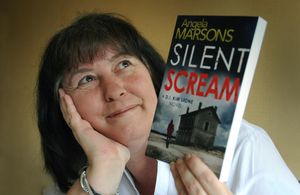
She believes that indies are essential to allow authors to flourish.
“Indie book stores are very important to authors as they are not necessarily driven by the same motivations as the supermarkets or large book chains and where their decisions are made globally,” she said.
“The smaller, indie bookshops aren’t necessarily looking for instant best sellers and can make more personal decisions. The benefits of still having them is about choice for the reader in where they want to shop. There’s nothing like perusing an indie bookshop as you never know what you’re going to find. I still visit them for these reasons.

